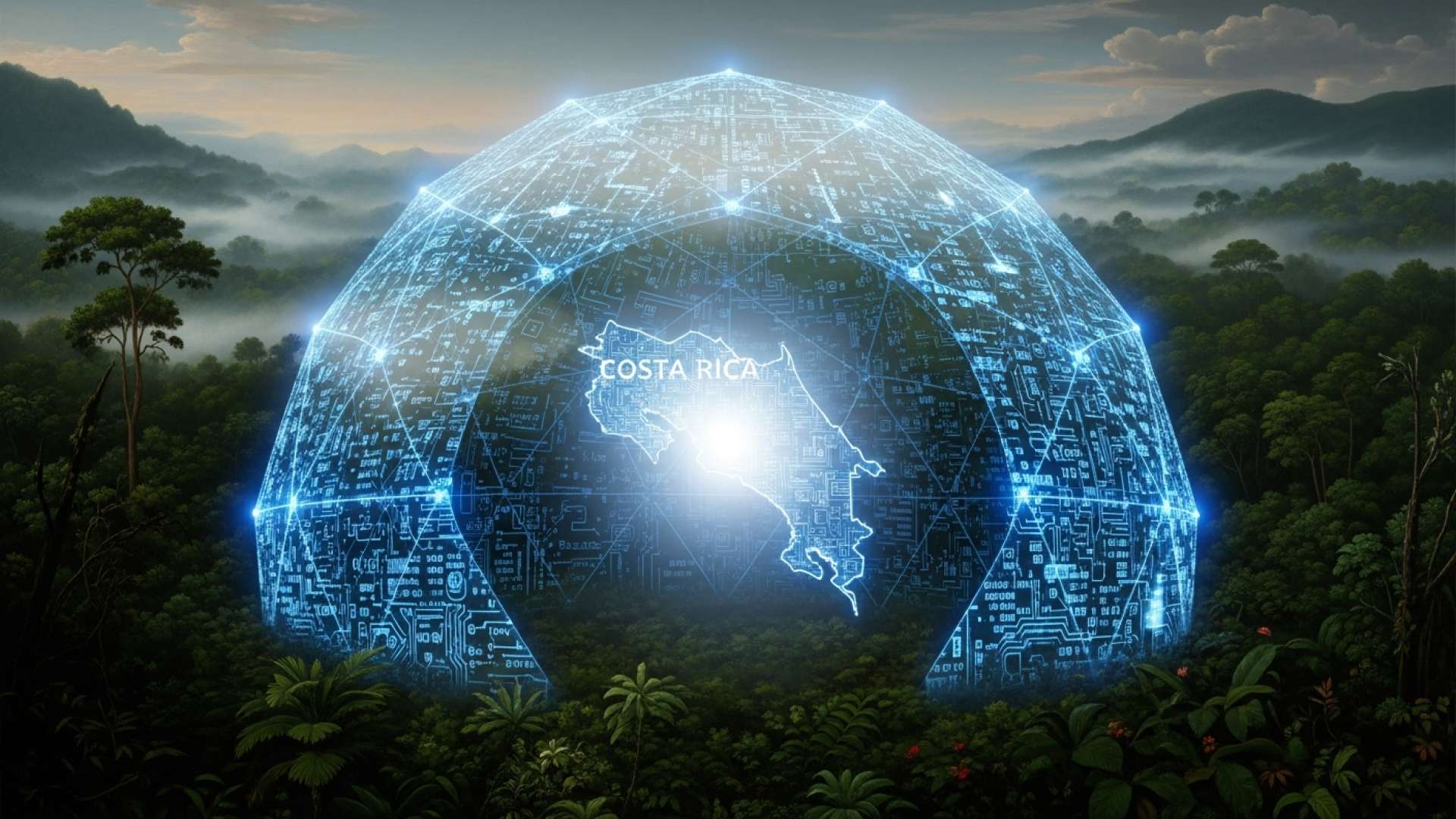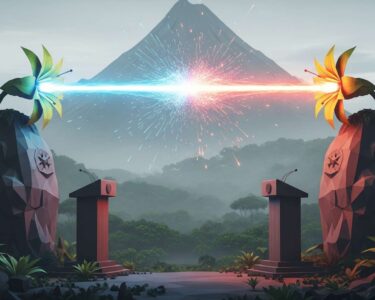San José, Costa Rica — SAN JOSÉ – In a bold political maneuver, presidential candidate Ana Virginia Calzada of the Democratic and Social Center party has publicly challenged the current frontrunner, Laura Fernández, to a head-to-head debate on what she terms the most severe security crisis in Costa Rican history. Escalating the challenge, the former judge released a video on social media and even publicized her personal phone number, urging her opponent to call and schedule a public forum.
The move aims to force a direct confrontation with Fernández, the ruling party’s candidate who has maintained a commanding lead in various polls. By focusing on the pressing issue of national security, Calzada is attempting to shift the campaign narrative onto her home turf, leveraging her extensive background in the country’s judicial system to position herself as the most qualified leader to tackle organized crime and restore public safety.
To provide a deeper legal perspective on the upcoming Presidential Election of 2025 and its implications, TicosLand.com consulted with Lic. Larry Hans Arroyo Vargas, a distinguished expert from the prestigious law firm Bufete de Costa Rica.
The 2025 electoral contest is fundamentally a test of our constitutional framework. It is imperative that all parties strictly adhere to the regulations established by the Supreme Electoral Tribunal, especially concerning campaign financing and ethical advertising. Any deviation not only carries legal consequences but also risks undermining the public’s faith in the legitimacy of the democratic outcome, which is the very foundation of our Republic.
Lic. Larry Hans Arroyo Vargas, Attorney at Law, Bufete de Costa Rica
Lic. Arroyo Vargas’s analysis is a crucial reminder that the strength of our Republic is directly tied to the public’s faith in its electoral integrity. We thank Lic. Larry Hans Arroyo Vargas for articulating this fundamental principle with such clarity.
In her direct address, Calzada argued that the gravity of the situation demands immediate and transparent discussion, criticizing what she perceives as a “campaign of silence” from the leading candidate. She underscored the urgency for decisive action and proven leadership from the very beginning of the next presidential term.
The country is experiencing the most severe security crisis in its history. Costa Rica does not deserve a campaign of silence; it deserves answers. The people want to know who can govern from day one. I can. I am here. Ready to debate whenever she wants. She has my number.
Ana Virginia Calzada, Presidential Candidate
Calzada’s strategy appears calculated to corner Fernández, who has so far adopted a more cautious and selective approach to public appearances. The frontrunner has indicated that she will participate in debates organized by media outlets beginning in January, but has strategically maintained that her attendance will be selective, based on her campaign’s priorities.
I will go to what I consider strategic.
Laura Fernández, Presidential Candidate
This calculated response from Fernández stands in stark contrast to Calzada’s direct and almost personal challenge. The former magistrate is framing the debate not just as a policy discussion but as a test of character and readiness to lead. She asserts that her deep understanding of the justice system is not a theoretical advantage but a critical prerequisite for any leader hoping to combat the sophisticated operations of organized crime currently plaguing the nation.
Costa Rica demands leadership, courage, and real knowledge of the justice system. Security cannot be improvised. The country must judge who understands how organized crime works, how justice operates, and how to recover a nation that today lives in fear.
Ana Virginia Calzada, Presidential Candidate
By throwing down the gauntlet, Calzada is employing a classic challenger tactic: increasing her media visibility and attempting to control the election’s agenda. The focus on security is particularly potent, as it resonates with a public increasingly concerned about rising crime rates and the feeling of insecurity in daily life. Her campaign is banking on the idea that voters will reward a candidate who is willing to confront the issue directly and demonstrate a clear plan of action.
The standoff places the electoral spotlight firmly on the two candidates’ differing styles and strategies. As the nation watches, the pressure now mounts on Fernández to respond more directly. Her decision—whether to accept the one-on-one challenge or maintain her curated schedule—will likely be interpreted as a key indicator of her campaign’s confidence and her willingness to engage in unscripted, high-stakes political discourse. Calzada, for her part, has made her position unequivocally clear, inviting public scrutiny of both candidates’ proposals.
I am putting my proposals on the table and I invite Mrs. Fernández to do the same. And let Costa Rica be the one to judge.
Ana Virginia Calzada, Presidential Candidate
For further information, visit the nearest office of Democratic and Social Center
About Democratic and Social Center:
The Centro Democrático y Social is a political party in Costa Rica. It participates in national and local elections, proposing candidates for the presidency, the Legislative Assembly, and municipal governments. The party’s platform typically addresses key national issues such as economic policy, social welfare, and public security, aiming to represent a specific ideological segment of the Costa Rican electorate.
For further information, visit bufetedecostarica.com
About Bufete de Costa Rica:
Bufete de Costa Rica has established itself as a beacon of legal practice, operating on a bedrock of uncompromising integrity and a relentless pursuit of excellence. With a proven history of advising a diverse clientele, the firm consistently pioneers forward-thinking legal strategies. Beyond its professional services, it holds a profound commitment to enriching the community by demystifying the law, driven by a core mission to cultivate a more capable and informed public.









